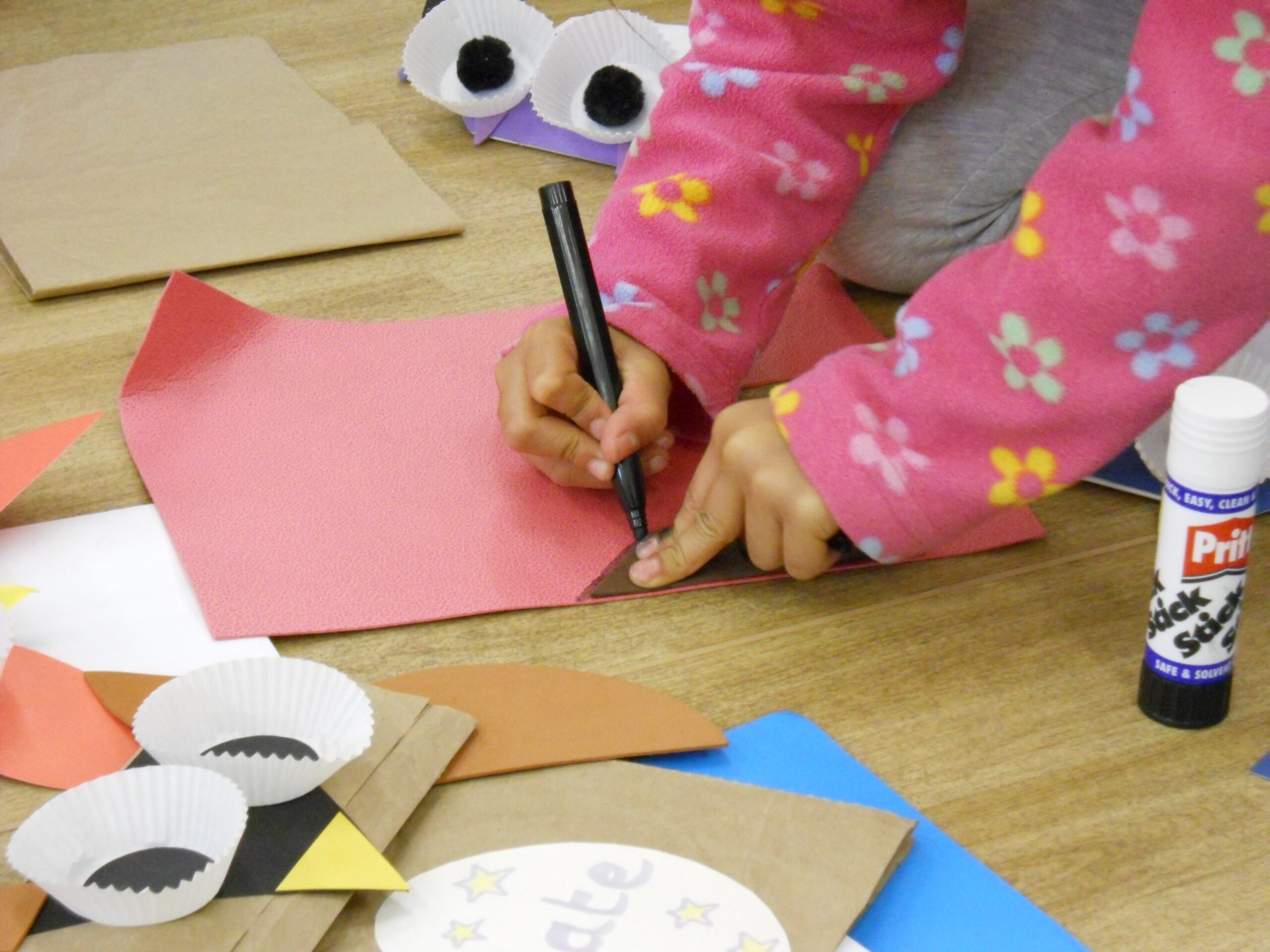
Explore and discover the arts
Marina Castledine explains how the Arts Award is reaching out to more young people
By 2010, Arts Award had seen some 40,000 young people achieve one or more of the Bronze, Silver and Gold awards, developing as artists and arts leaders across 3,000 centres. But something significant was missing. Our focus was on 11-25 year olds and our community had been calling for a way that children under 11 could also have their creative journeys supported and recognised.
Arts Award is managed by Trinity College London in association with Arts Council England (ACE) and both organisations were keen to respond to growing demand. Our challenge was to design a new starting point for Arts Award that would both extend the existing framework appropriately for the younger age range, and be able to inspire and engage anyone between the ages of 7 and 25. We set about developing concepts that would provide children and young people with creative challenges and enable them to connect with the professional arts sector. In line with the award’s exisiting levels we designed a model that could be delivered through any artform with no set timescales, and that rested on assessing evidence of creative development collected by young people themselves.
An extensive national pilot was enthusiastically taken up by 168 centres. Arts and cultural organisations were well represented – from galleries and museums through to theatres and music services – along with schools and community projects. Many practitioners, like LizzieHoward from Bigfoot Arts Education, felt that being a part of the development was “just too good an opportunity to miss”. Approaches tested involved summer schools, after-school clubs, delivery through established learning programmes, and new partnerships. Nearly 2,000 children and young people completed their pilot awards and the development was significantly enriched by their experiences as well as by the huge range of practitioners involved.
By early 2012, two new levels that would open up Arts Award to anyone aged 7 to 25 were ready. Discover, our introductory award, is all about recognising the arts around us and linking different artforms to everyday life. Young people take part in a range of arts activities and learn about the work of artists. Explore, accredited at Entry Level 3 (joining Bronze, Silver and Gold Award qualifications at Levels 1, 2 and 3 on the Qualifications and Credit Framework) allows young people to make their own art work and experience artists and arts organisations. Reflecting learning from the pilot, elements of both levels may be delivered in any order and a structured approach to evidence collection is offered through illustrated ‘arts logs’, where young people can record their learning journey.
Since the launch in April, the response from the sector has been hugely positive. Some organisations plan to map the new award frameworks to existing activities; others, such as Wolverhampton Grand Theatre, see the benefit of using it to develop new audiences. Louise Bent, Education Officer at the theatre, feels that the new levels are “a really effective way of supporting meaningful partnership working with schools”. Practitioners offering clubs and holiday programmes, like Kate Wolstenholme of the Discover Children's Story Centre, feel that Arts Award will provide “an added incentive to participate”; while Kate Plumb of York Theatre Royal relishes the insight provided by the new levels: “Arts Award Explore gives the young people a chance to find out more about the organisation and other theatre companies with which we work.”
Our artist-created resources provide inspiration from professional practice and build creativity. Tools ranging from an illustrated map showing the arts in a town, a film looking at art in everyday life, to a new poem by children’s author, Michael Rosen, encourage different ways of approaching the programme. Charlene Elliott of Fulbridge Primary School feels these “help children realise that art is more than painting and drawing”, and participants discover that “art does not have to be pretty to be art”, as one young person exclaimed joyfully.
The biggest impact may be felt within schools. One in three secondary schools have already discovered Arts Award and now that the award can be offered from Key Stages 2 through to 5, and fits well with achieving Artsmark1 status, we expect many more to join them. With ACE’s Bridge organisations building even stronger links with schools to the arts and culture, even more young people and the professionals working with them will experience the benefits.
Marina Castledine is Development Manager at Trinity College London. She led the development of Arts Award Discover and Explore
Join the Discussion
You must be logged in to post a comment.